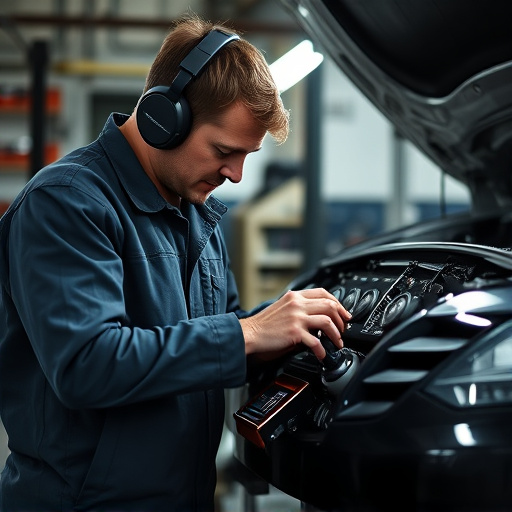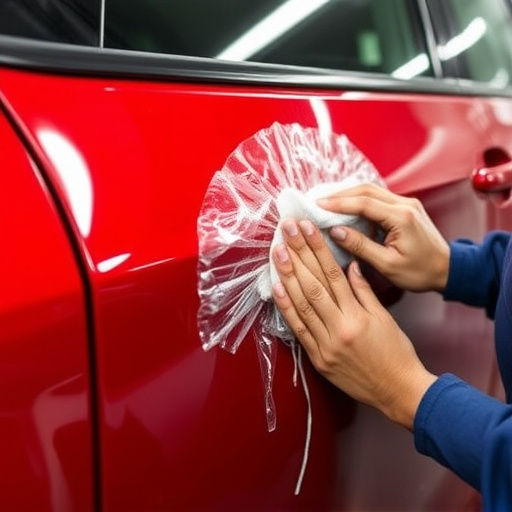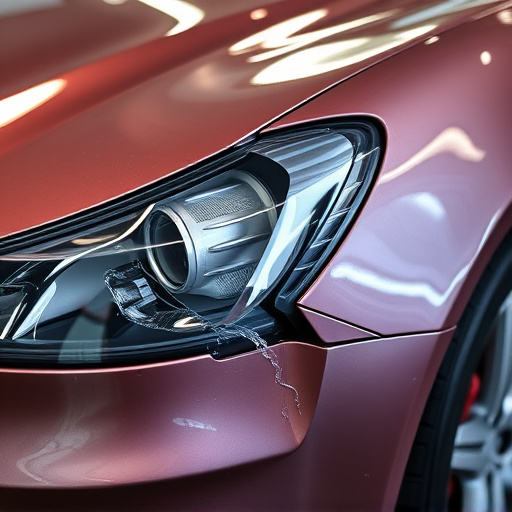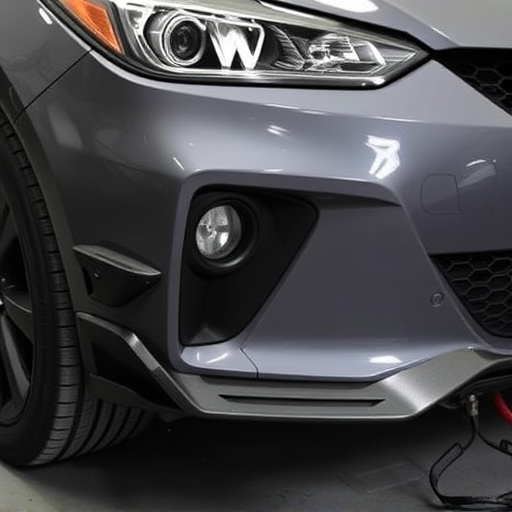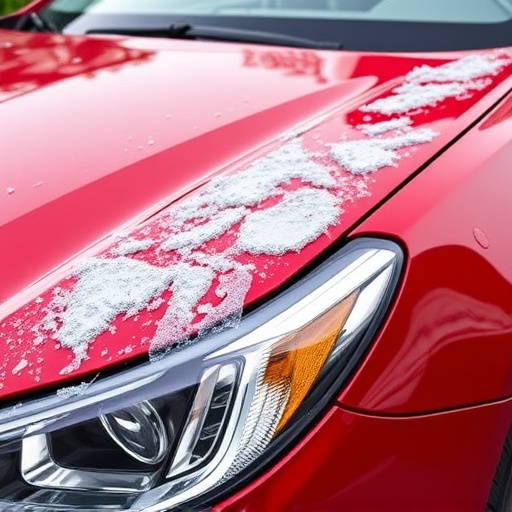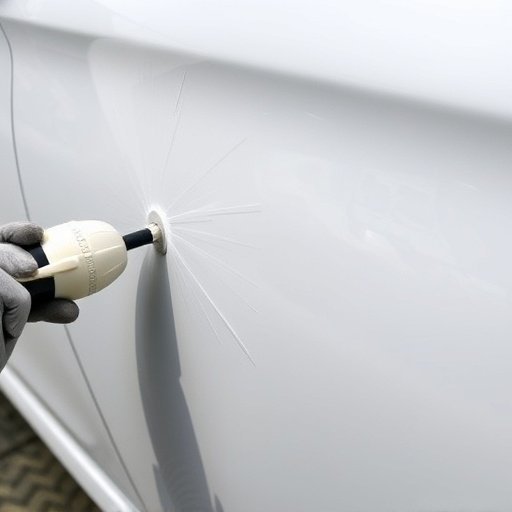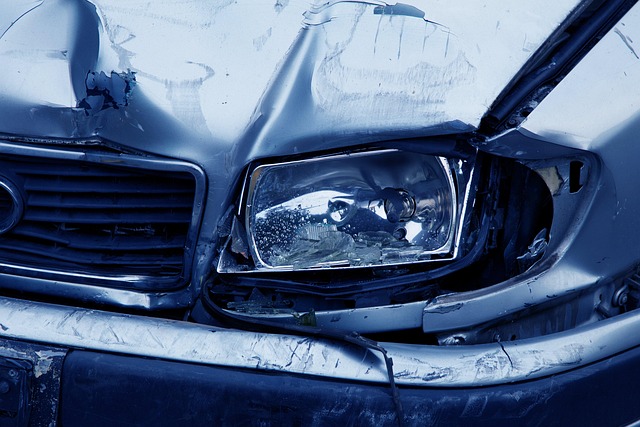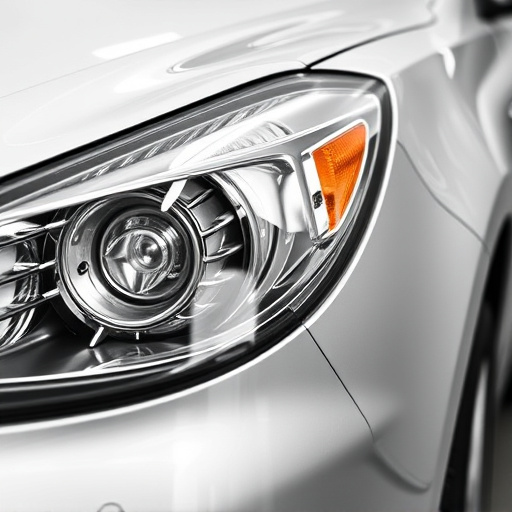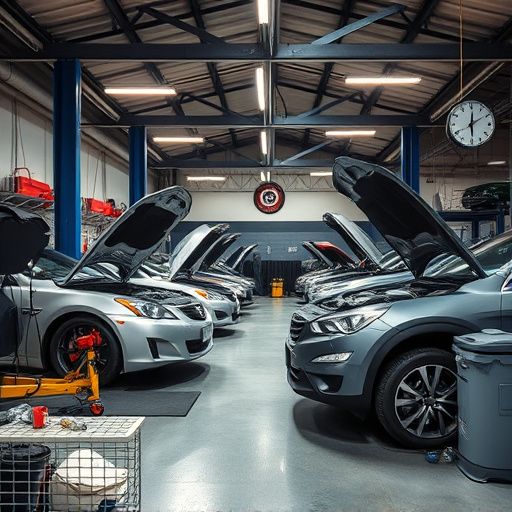Understanding insurance coverage for auto body shop services is crucial as policies differ greatly. Comprehensive and collision insurance typically cover various repairs, from cosmetic enhancements to structural fixes. "Full coverage" generally restores a vehicle to pre-accident condition, including rental car benefits in some cases. Navigating claims requires reviewing policy documents carefully to ensure selected auto body shops align with coverage parameters.
Are you wondering if your insurance plan fully covers auto body shop services? This comprehensive guide is designed to demystify insurance coverage for auto repairs. We’ll break down what ‘full coverage’ means in the context of auto body work, explore common inclusions and exclusions, and provide practical steps to ensure your auto body shop services are seamlessly covered. By understanding these key aspects, you can confidently navigate the process and make informed decisions.
- Understanding Insurance Coverage for Auto Body Shop Services
- What Typically Constitutes Full Coverage for Auto Body Repairs
- Navigating the Process: Making Sure Your Auto Body Shop Services Are Fully Covered
Understanding Insurance Coverage for Auto Body Shop Services

When it comes to understanding insurance coverage for auto body shop services, it’s crucial to know that policies can vary significantly. Many comprehensive insurance plans cover a broad range of auto body shop services, including collision repair and painting, as well as more specialized work like auto glass repair and car scratch repair. However, the extent of coverage depends on factors such as your specific policy, the nature of the damage, and the terms and conditions set by your insurer.
In general, collision insurance is designed to cover repairs resulting from accidents or incidents that cause physical damage to your vehicle. This includes services offered by a collision repair shop, which might range from structural repairs to cosmetic enhancements like dent removal and paint restoration. Policyholders should review their declarations page and policy documents to determine the specifics of their coverage and what services are fully or partially reimbursed in case of an incident involving their vehicle.
What Typically Constitutes Full Coverage for Auto Body Repairs

When it comes to auto body shop services, what constitutes “full coverage” can vary greatly among insurance providers and policies. In general, full coverage for auto body repairs includes all costs associated with restoring your vehicle to its pre-accident condition. This encompasses a wide range of services, from dent removal and paintless dent repair to more extensive damage such as panel replacement, frame straightening, and even vehicle restoration in severe cases.
The key to understanding full coverage is recognizing that it’s not just about repairing the visible damage; it involves ensuring structural integrity and safety standards are met. This means a collision repair center will handle not only the visible aesthetics but also the underlying components critical for your vehicle’s safety, like alignment, suspension, and chassis repairs. Additionally, some policies may cover rental cars during the time your vehicle is in the vehicle body shop, providing convenience and financial relief during the repair process.
Navigating the Process: Making Sure Your Auto Body Shop Services Are Fully Covered

Navigating the process of insurance claims for auto body shop services can be daunting, but understanding your coverage is crucial. When you’ve been in an accident and need repairs, such as car paint repair or more extensive auto body work, it’s essential to know what your insurance plan entails. Start by reviewing your policy documents thoroughly. Most policies will outline specific provisions for collision repair shop services, detailing what is covered and any exclusions.
Remember that insurance plans vary widely, so what one policy offers might differ significantly from another. In terms of auto body work, some policies cover all repairs fully, while others may have deductibles or caps on certain types of damage. If you’re unsure, don’t hesitate to reach out to your insurance provider for clarification. They can guide you through the process and ensure that when it comes time to choose a collision repair shop, you select one within your coverage parameters.
When it comes to ensuring your auto body shop services are fully covered, understanding your insurance policy is key. By knowing what constitutes comprehensive coverage for repairs, you can navigate the process with confidence. Remember, clear communication with your insurer and choosing a reputable body shop will help guarantee that your vehicle’s restoration is seamless and within your expected budget.
